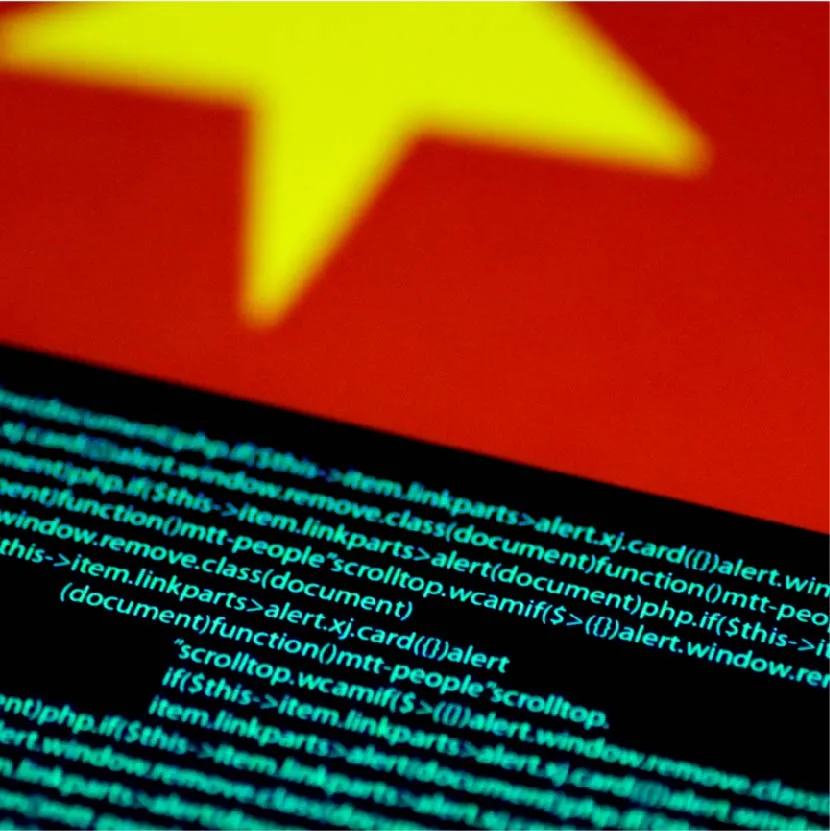Educator Overview
Case Overview
Fictional, set in the present day. Cyberspace is a new domain of conflict that has few accepted standards of behavior. Basic questions about it—including how countries should respond to cyberattacks—are still unresolved. In recent years, China has exerted authority over areas of the South China Sea also claimed by other Asian countries, leading to tension with the United States. Last week, following a near miss when the U.S. Air Force conducted a flight near a shoal claimed by China in the South China Sea, the Nasdaq stock market was hacked, which significantly harmed the U.S. economy. U.S. intelligence agencies believe some in the Chinese government knew about the attack, for which a Chinese hacker collective claimed credit. UN Security Council members need to control the issue before it escalates further.
Decision Point
China, Brunei, Malaysia, the Philippines, Taiwan, and Vietnam have competing territorial claims in the South China Sea. In recent years, China has exerted authority over the area by increasing the size of existing islands or creating new ones. China has also constructed new ports, military installations, and airstrips. The United States has promoted the right of military vessels to operate in China’s claimed two-hundred-mile exclusive economic zone. The United States has also rejected China’s claim to a twelve-mile territorial zone around the artificial islands it has built. Since 2015, the United States has signaled its opposition by flying military aircraft and sending U.S. Navy ships near certain islands.
Last week, the U.S. Air Force conducted a flight near a shoal claimed by China in the South China Sea. Three days later, the Nasdaq Stock Market suffered a hack that damaged computers and forced the suspension of trading for two days. This imposed significant costs on several major multinational companies and dented confidence in the U.S. financial system. An underground hacker collective based in China known as the Zheng He Squadron has claimed responsibility for the hack. The group has known ties to the People’s Liberation Army, China’s military. U.S. intelligence agencies assess with 90 percent certainty that the hack occurred with the knowledge or support of parts of the Chinese government. Beijing claims no knowledge of the attack.
The U.S. secretary of state has declared that the attack represents a grave threat to U.S. national security and that Washington is considering all options, including military action, in response. In an effort to manage the dispute and avoid escalation, the UN Secretary-General has convened a meeting of the UN Security Council to discuss and take possible action on the cyber conflict between two of the Security Council’s permanent members, the United States and China.
Learning Goals
CFR Education simulations use a variety of pedagogical tools to create an effective, meaningful, and memorable learning experience for students that builds their global literacy. Students will develop crucial skills such as critical thinking, communication, collaboration, and creativity. Students will complete authentic assessments that feel relevant: instead of five-paragraph essays and book reports, students will write policy memos and participate in a role-play of a meeting of a foreign policy–making body. There are no right or wrong answers in actual policy deliberations, and there are none here, either; students will walk away from this experience with an appreciation for the complexity of policy questions.
In this simulation, students will learn about the UN Security Council, as well as meeting these learning outcomes specific to this simulation:
- Students will understand that cyberspace is a new domain of conflict with few accepted standards of behavior and continues to be difficult to find agreement around.
- Students will consider the extent to which cyberattacks pose a threat to international peace and security.
- Students will evaluate what action the UN Security Council should take related to rising tensions in the South China Sea and cyberspace.
Concepts and Issues
Concepts
- Cyberattacks and cybersecurity
- Nationalism
- Human rights
- Terrorism and counterterrorism
- Peacekeeping
Issues
- U.S.-China relations
- Territorial disputes in the South China Sea
- Definition of standards for behavior in cyberspace
- Military, economic, and other activities in cyberspace
- Information and communications revolution
